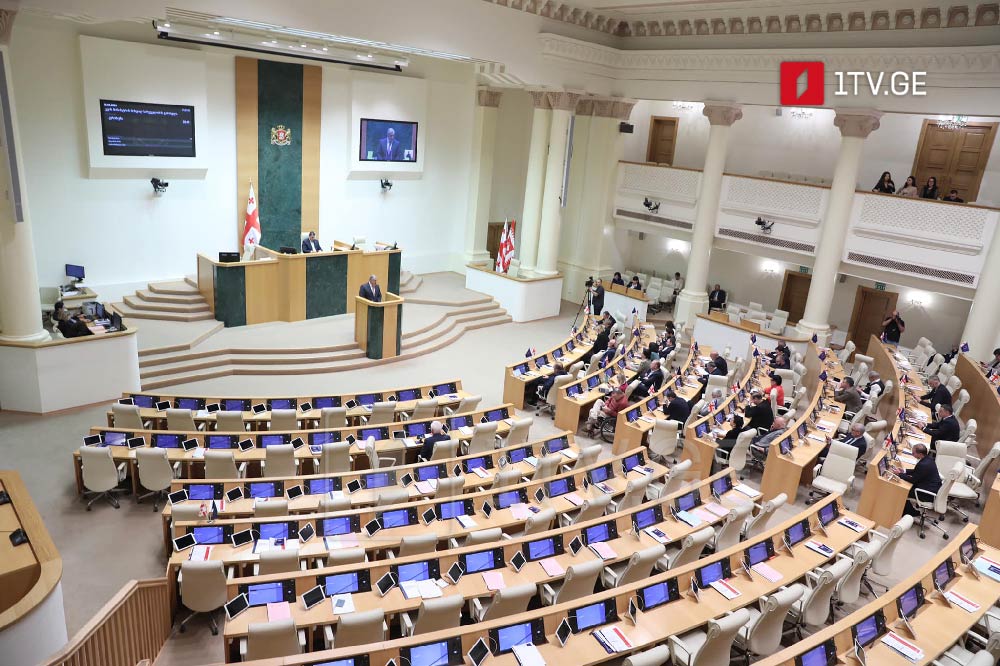During the Minister’s Hour in Parliament, Mikheil Sarjveladze, Minister of IDPs, Labor, Health, and Social Protection, addressed the concerns raised by the Fair Trees Fund regarding the Law on Transparency of Foreign Influence. He assured the public that the law would not hinder charitable activities or negatively impact health sector funding.
“The law does not create barriers for charitable activities in Georgia,” Sarjveladze stated.
He dismissed fears that the law would disrupt funding for essential health programs, asserting that all critical initiatives would continue unaffected.
“Those wanting to engage in charity will still have the opportunity to do so without any barriers,” he emphasized.
Sarjveladze specifically addressed the issue regarding the treatment of children with cancer, reassuring the public that the state fully covers these costs, both domestically and internationally. He highlighted that the state-funded program, operational since August 2023, finances treatments in Georgia and top clinics abroad, benefiting 89 children so far. “No child will be left without necessary treatment,” he declared.
The Minister outlined recent activities, achievements, challenges, and future plans of the Ministry. He also briefed MPs on his recent official visit to Geneva, where he met with key international health officials, including Hans Kluge, Director of the European Regional Office of the World Health Organization, representatives from the Global Fund’s Georgia department, and senior official from the American Center for Disease Control.
“These discussions focused on enhancing cooperation between Georgia and the WHO, with concrete plans to improve access to medicines and primary care,” Sarjveladze said, noting the strong support from international partners.
He endorsed the Diagnosis-Related Group (DRG) system as the optimal approach for rationalizing healthcare costs. Introduced last year, the DRG system reimburses medical services uniformly rather than based on individual clinic prices, aligning with practices in the United States and most European countries.
“This method facilitates more efficient expenditure management,” he added.
Sarjveladze stressed the importance of supporting the DRG system with mechanisms for continuous updates to ensure its effective functioning, highlighting the Ministry’s commitment to maintaining and improving healthcare standards in Georgia.
